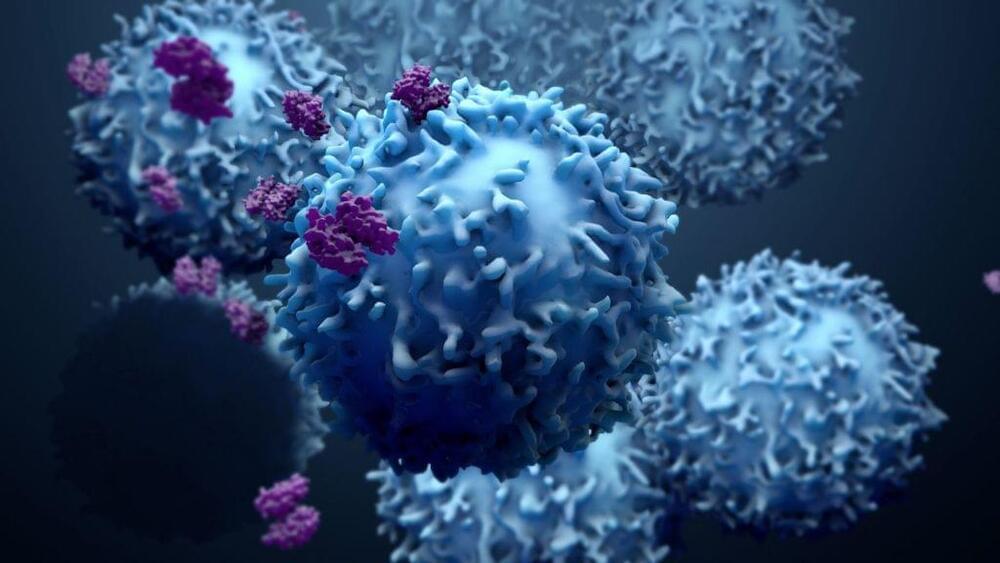The potential for personalized cancer treatment is fueling the need to identify T cell responses against neoantigens and other cancer-specific epitopes for the success of immunotherapy. Continuous advancements of epitope discovery prediction technology is leading to precise identification of antigen-specific T cells, playing a central role in monitoring immune responses to infection and cancer immunotherapies. Hence, the understanding of major histocompatibility complex class (MHC) molecules and peptides interaction within the immune system is fundamental for developing treatments in diseases like cancer and the creation of innovative vaccines.
Fundamentally, in vivo interaction between processed antigen loaded on MHC molecules is important communication for the adaptive immune response to alert against foreign antigens or cancerous cells. MHC I and II molecules loaded with foreign antigens or cancerous fragments are of great interest to the activation of the adaptive immune response. In vivo, peptide exchange reactions are not required for presentation of antigens by MHC molecules because they bind degraded antigens during assembly in the ER. However, peptide exchange reactions play an important role in the assembly of MHC molecules in vitro. It becomes essential to consider the allelic variation and peptide binding when utilizing MHC molecules for T cell detection ex vivo. It has been shown that immunogenic peptides tend to interact with their restricting MHC molecule. Thus, having the capability to assess the binding affinity of an in vitro interaction between peptide and MHC I is highly valued.










Comments are closed.